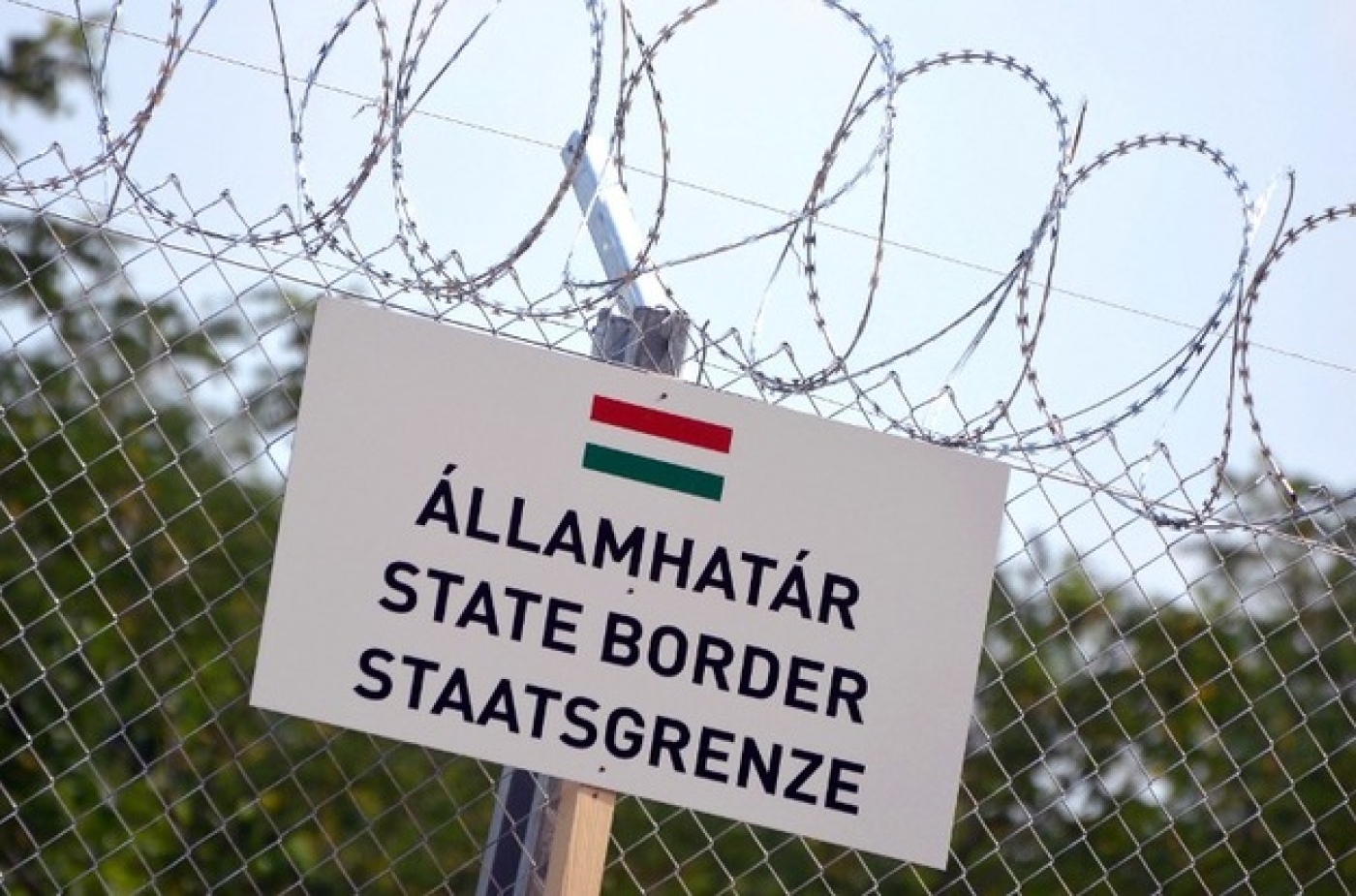
Knowledge filtration under structural constraints
(Source: https://www.middleeasteye.net)
Book chapter proposal for Political Ecology in Eastern Europe, edited by Eszter Krasznai Kovács
This chapter provides a critical overview of how Hungarian human geography developed since 1989, by showing the long-term continuities and structural shifts in local intellectual positions and knowledge epistemologies from a world-systemic perspective, reflecting on how structural dependencies have shaped local knowledge production strategies and disciplinary identity politics in a semiperipheral context. This account offers a perspective on how institutional settings and narrative networks developed according to the various rounds of Hungarian geographers’ semiperipheral integration and re-integration into hegemonic knowledge structures from the late socialist era to neoliberal “return to Europe” and European Union accession, until today’s post-2010 authoritarianism and “global opening”.
In this context, this chapter focuses on how “critical geography” in Hungary was defined and why has its formulation ultimately failed? Can we identify “critical geography” at all compared to its original Western conception? What might be the challenges for any “critical geography” after the 2008 crisis and the authoritarian “illiberal” turn since 2010? These questions are explored through insights from the history and sociology of scientific knowledge, including epistemic strategies of academic provincialism, connectivity, entitlement and gatekeeping. The literature on the geographies of knowledge elucidates the selective circulation, inclusion/exclusion dynamics and local interpretation of Western approaches to human geography, in order to understand how they got positioned and translated into local knowledge interests with very different social and political functions in a semiperipheral structural context. The chapter points out that Hungarian authors either completely dismissed or unreflectively reproduced the Anglo-American postpositivist canon through narrative and epistemological dependency, evading critical self-reflection, historically contextualized and comparative engagement with Anglo-American and Hungarian geography in the “knowledge transfer” of “catching up” to the West.
Meanwhile, amidst the global rise of conservative nationalist authoritarianism, recent Hungarian government attacks against leftism, liberalism, Marxism, feminism and gender studies, race studies, the “1968 generation” and the 1989–2010 liberal period have complicated the interpretive context of West-imported “critical geographies”. The “illiberal” Christian-nationalist Kulturkampf revived geopolitics and global historical approaches (e.g. turn to Asia), while mischievously appropriated postpositivist criticism, postmodernist representational and identity politics, and postcolonial or decolonial ideas as molded into nationalist victimization, anti-Western or anti-EU rhetoric, civilizational exceptionalism and color-blind racism. This chapter aims to critically reflect on how East-West knowledge dependencies in geography constrain meaningful criticism of these processes, and argue for re-evaluating Hungarian “critical geography” based on a historically and geographically self-reflexive world-systemic engagement with the (de)colonization and self-colonization of geographical knowledge.
© Copyright – Content is protected by copyright!
Citation:
Ginelli Z. (2019): Critical Human Geography in Hungary? Structural Dependencies and Knowledge Circulation in a Semiperipheral Context. Critical Geographies Blog. Link: /2019/07/24/critical-human-geography-in-hungary-structural-dependencies-and-knowledge-circulation-in-a-semiperipheral-context